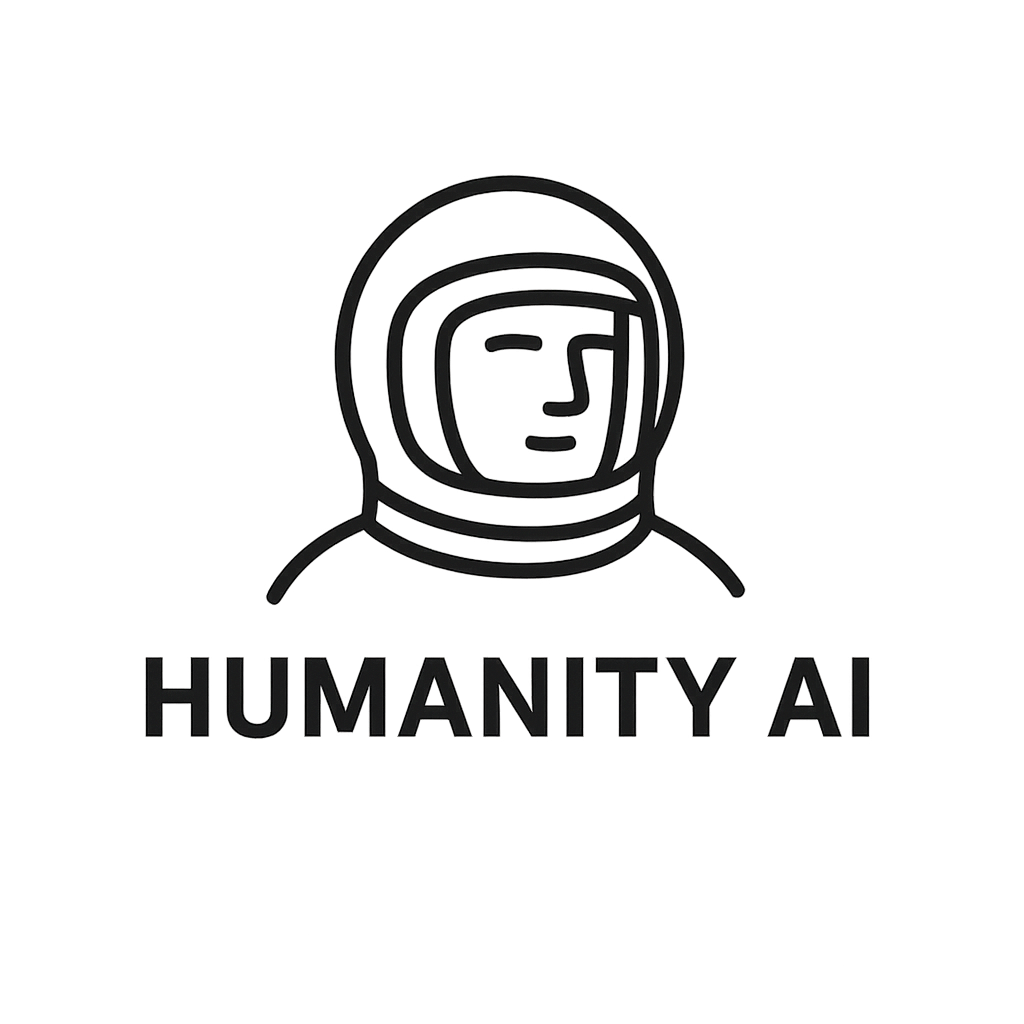Humanity AI Intelligence Brief - June 2025
Edition: June 2025
Curated Briefing on the State of Artificial Intelligence
Executive Summary
As of June 2025, the artificial intelligence landscape is experiencing accelerated transformation across enterprise, healthcare, regulation, and infrastructure. With major technology firms restructuring their platforms around AI, regulatory frameworks maturing globally, and key infrastructure projects coming online to support AI workloads, organizations are under increasing pressure to not just adopt AI—but to operationalize it.
This report curates key developments shaping the path forward for responsible, high-impact AI integration.
1. Enterprise Innovation & Platform Strategy
Samsung × Perplexity AI
Samsung is in advanced talks to deeply integrate Perplexity AI into its mobile ecosystem, potentially replacing Google's Gemini Assistant across the Galaxy product line. This pivot signals the rise of niche AI assistants that outperform general-purpose models in speed, transparency, and reliability.
Implication: Companies should anticipate more vertical-specific AI assistants disrupting Google and OpenAI's generalist dominance.
Google DeepMind's Personalized Email Assistant
DeepMind is prototyping an AI-driven email assistant designed to answer messages in your tone, manage inboxes, and automate routine communication—bringing AI deeper into the workplace productivity stack.
Implication: Expect a surge in LLM-powered workplace agents that act on behalf of employees and integrate directly with internal systems.
2. AI and Workforce Realignment
Automation Risk to Entry-Level Roles
Anthropic's CEO warns that AI may replace 40–50% of entry-level white-collar jobs in the next 5 years. Nvidia CEO Jensen Huang echoed this urgency, stating workers will lose jobs not to AI itself—but to those who know how to use it.
Implication: Workforce development must prioritize AI fluency. Companies should upskill internal teams and integrate AI copilots as standard tools.
Global Employment Shift
Forecasts suggest 16% of jobs may be automated by AI, while 9% new roles will be created, especially in AI ethics, compliance, data curation, and operations.
Actionable: HR teams should begin modeling AI transition plans, identifying vulnerable roles and reskilling pathways now.
3. Government & Regulatory Acceleration
FDA Deploys Internal AI Assistant (Elsa)
The FDA launched "Elsa," an internal generative AI tool designed to streamline documentation, compliance review, and internal operations. It marks one of the first major deployments of enterprise-grade GenAI in federal government.
Signal: Institutional confidence in AI for regulated industries is growing. Expect adoption to accelerate across healthcare, finance, and education.
AI Action Summit (Paris)
Over 100 nations gathered in May at the AI Action Summit. Outcomes included the €200B InvestAI fund and a 58-nation declaration on sustainable AI development.
European Union AI Act
The EU's AI Act formally classifies AI tools by risk levels and introduces firm compliance rules—live as of August 2024. U.S. policy still lags but is increasingly modeled on EU-style frameworks.
For Operators: Align product development and documentation with "High-Risk" classification requirements (biometrics, medical, financial). EU compliance is becoming de facto global compliance.
4. Infrastructure & Energy for AI Workloads
Meta's 20-Year Nuclear Power Deal
Meta signed a 1.1 GW nuclear power purchase agreement with Constellation Energy—supporting the next generation of data centers and AI workloads. It's a first-of-its-kind agreement blending clean energy and AI infrastructure planning.
Trend Watch: As AI compute needs outstrip grid capacity, enterprise players will secure direct energy partnerships.
Broadcom's Tomahawk 6 Chip
Broadcom unveiled the Tomahawk 6—doubling switch throughput and enabling hyper-efficient traffic flow between AI servers.
Meaning: Chipmakers are prioritizing interconnects and energy efficiency over raw GPU compute—watch this space.
5. Ethics, Safety, and Long-Term Governance
LawZero Launches 'Honest AI' Framework
Founded by Yoshua Bengio, LawZero aims to ensure that AI agents remain transparent, non-deceptive, and auditable. The project directly addresses fears around agentic AI pursuing goals misaligned with users.
International AI Safety Report (Jan 2025)
Commissioned by 30 nations, this first-of-its-kind report outlines AI extinction risks and policy countermeasures. The report favors a tiered licensing system and mandatory evaluation of frontier models before deployment.
If You're Building: Safety and auditability are now design requirements—not afterthoughts.
6. Investment & Capital Markets
- U.S. AI private investment hit $109B in 2024—12x China's total.
- Generative AI startups raised $34B globally in 2024, up nearly 19%.
- Cursor, a code-generation startup, raised $900M at a $10B valuation in May 2025.
Read Between the Lines: Capital is flowing toward functional agents, not just flashy demos. Fundable startups are building real ops, not hype.
Final Word: AI Maturity = Systems + Safety
AI is no longer just a tool—it's an operational layer. The winners will not be those who adopt AI quickest, but those who build enduring, safe, and systematized frameworks around it. At Humanity AI, we help companies make that leap—not just by integrating large language models, but by designing AI systems with governance, automation, and outcomes at the core.
Let's talk if you're ready to deploy AI the right way.
Humanity AI
Where systems think with you.
